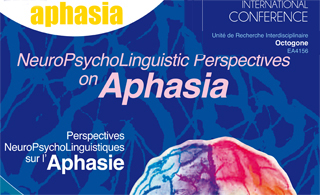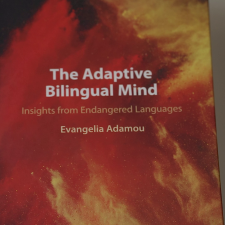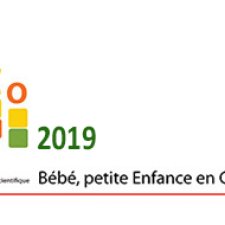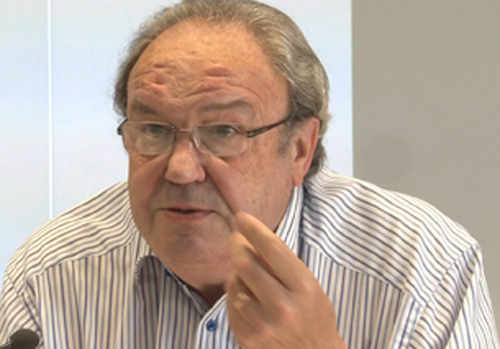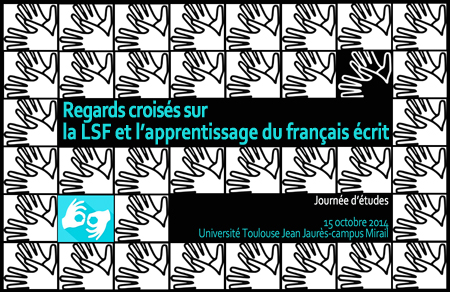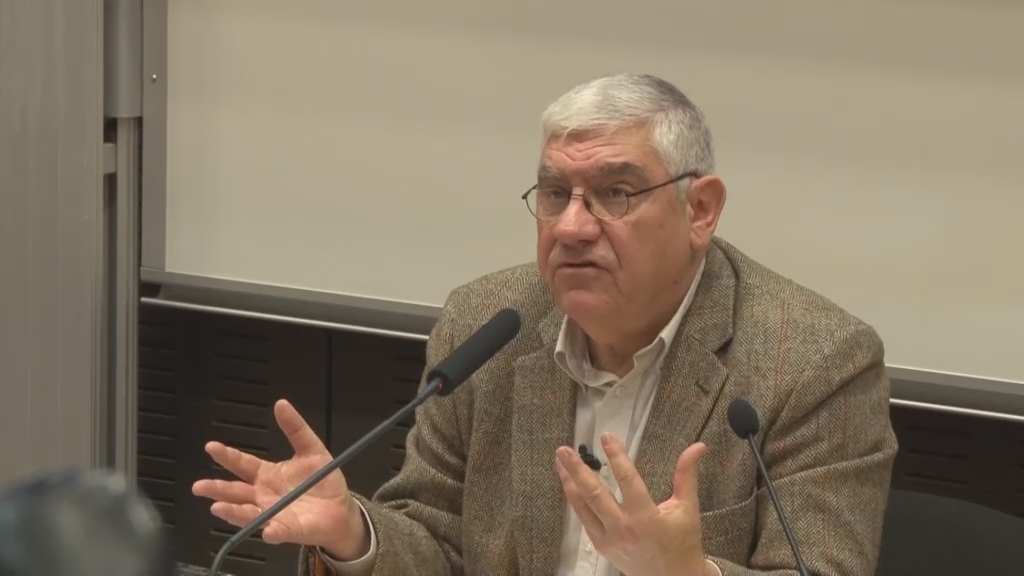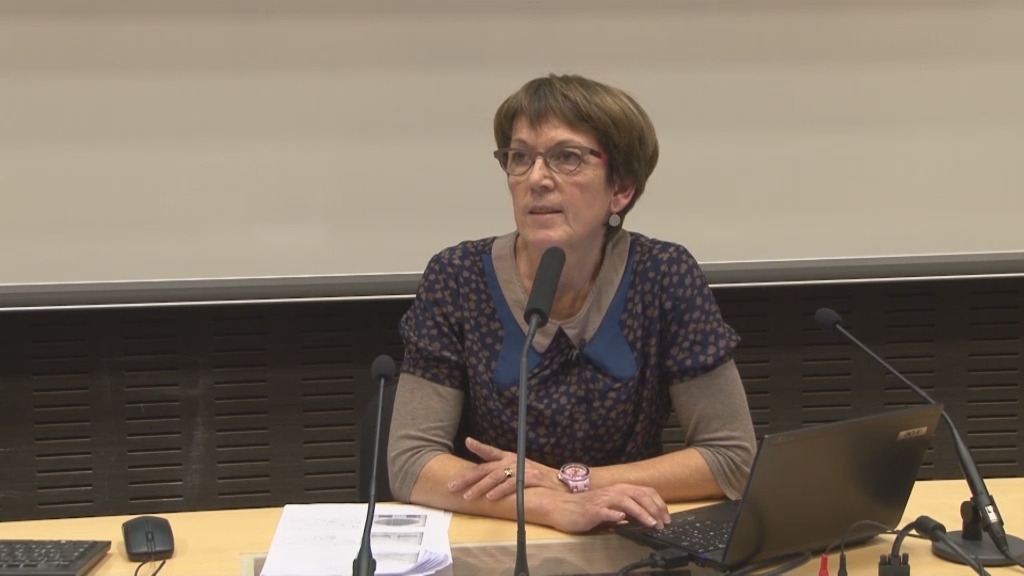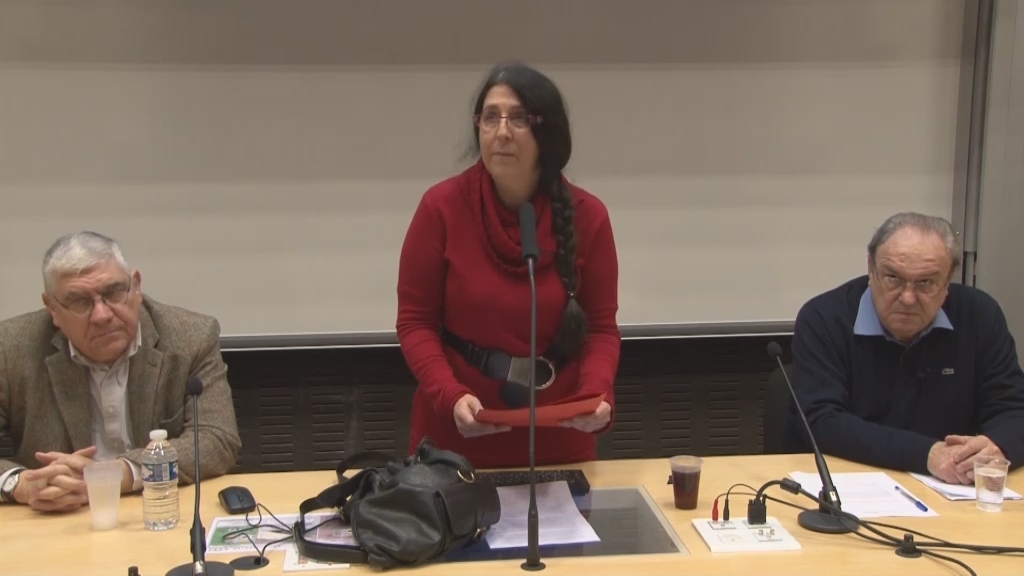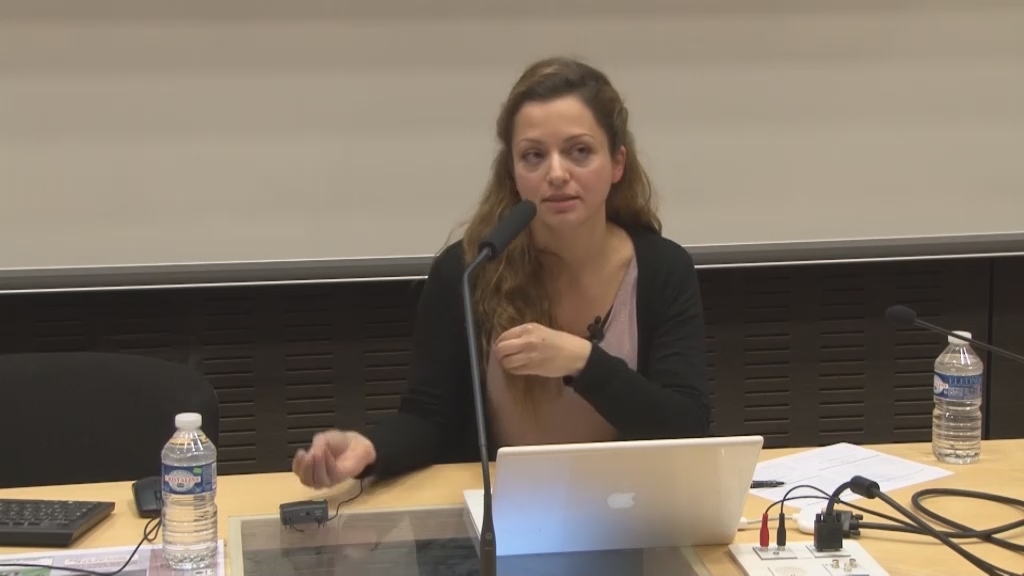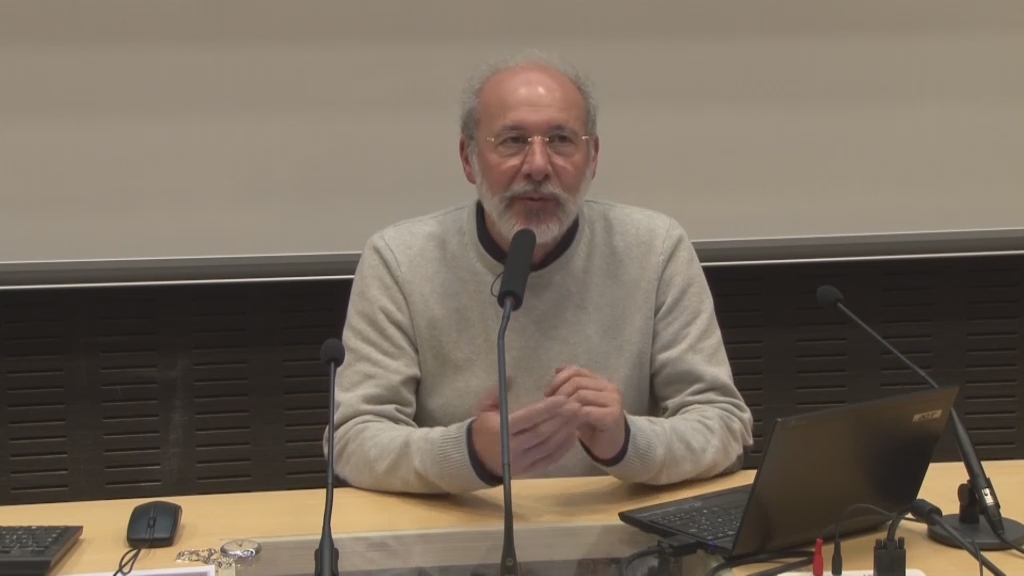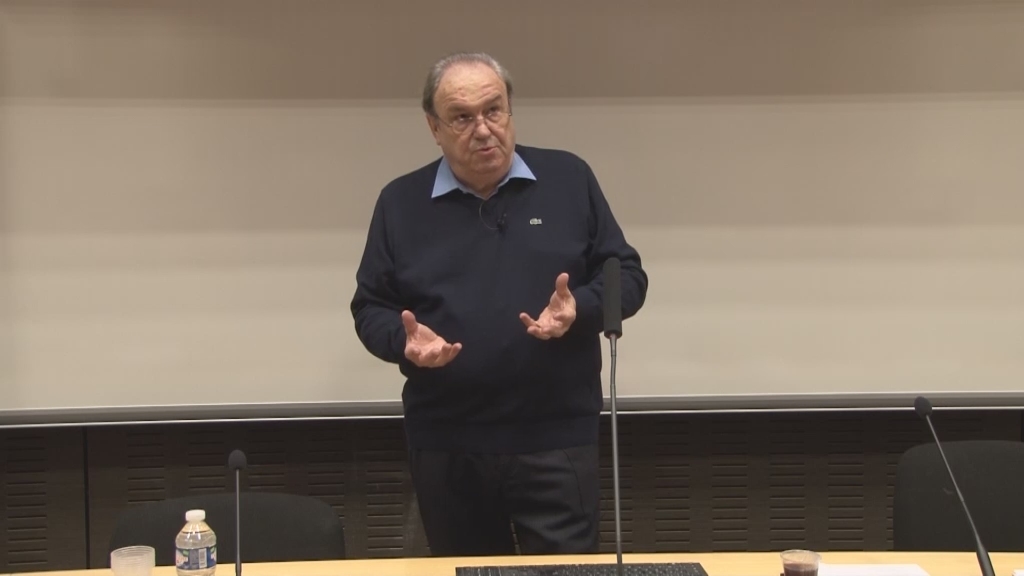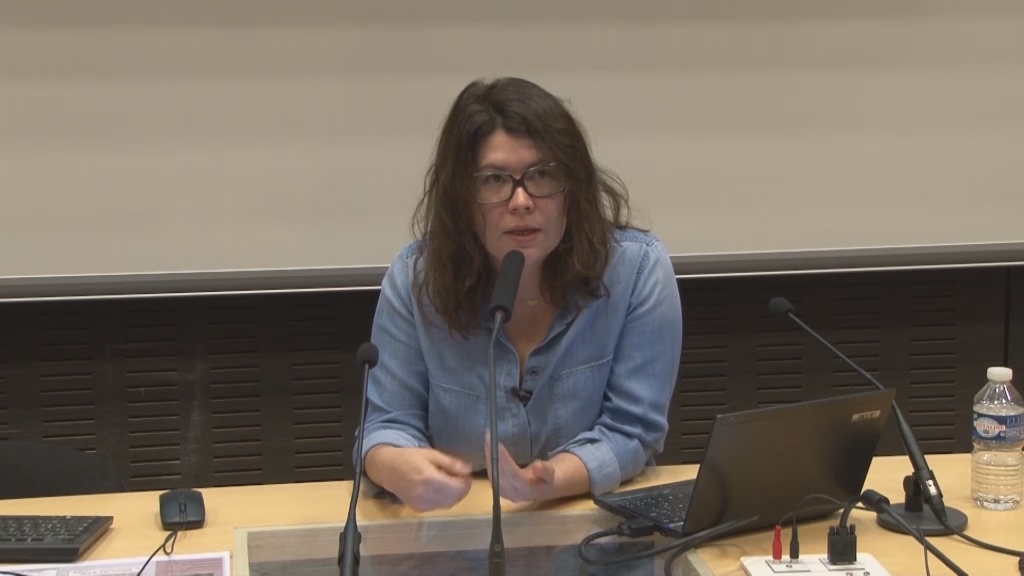Notice
German Broca’s and Wernicke’s aphasics display similar deficits in syntactic performance / Eva Wimmer
- document 1 document 2 document 3
- niveau 1 niveau 2 niveau 3
Descriptif
German Broca’s and Wernicke’s aphasics display similar deficits in syntactic performance / Eva Wimmer. In "Perspectives neuropsycholinguistiques sur l'aphasie - NeuroPsychoLinguistic Perspectives on Aphasia", colloque international organisé par l'Unité de Recherche Interdisciplinaire Octogone de l'Université Toulouse II-Le Mirail (France). Toulouse, 21-23 juin 2012.
With respect to syntactic disorders in aphasia, research primarily focuses on non-fluent agrammatic Broca’s aphasia, for which specific deficits in morphology and syntax have been observed in language production and comprehension (cf. Grodzinsky 2000) while the lexicon is considered as relatively intact. In contrast, less attention has been given to the fluent speech of Wernicke’s aphasia. Due to their lexical retrieval problems and so-called paragrammatic speech style entailing many semantic and phonological paraphasias, this type of aphasia is considered by many as the mirror image of Broca’s aphasia i.e. a lexical disorder sparing syntax. However, some studies have found evidence for impaired syntactic structures in the spontaneous speech of Wernicke’s aphasics and recent comprehension studies show similar syntactic comprehension patterns of Broca’s and Wernicke’s aphasics (cf. Edwards 2005). The aim of our study is therefore to provide new data by investigating the syntactic abilities of German Wernicke’s aphasics and to find out if there are differences to the syntactic performance of German Broca’s subjects with respect to the very same structured tasks.The participants of this study were nine German Wernicke’s aphasics with typical paragrammatic speech, a group of nine agrammatic Broca’s aphasics investigated previously (Neuhaus & Penke 2008) and ten unimpaired age-matched subjects. Patients were diagnosed and classified on the basis of the Aachen-Aphasia-Test battery.
The tasks were the following:
- Verb placement task: completion of 20 main clauses and 10 subordinate clauses with a given simplex verb form.
- Elicitation and repetition of wh-subject, wh-object and wh-adjunct-questions (n = 54 in elicitation, n = 30 in repetition), e.g: Wer füttert den Jungen ? (,Who feeds the boy?’)
- Comprehension of who or which-subject-and -object-questions (picture pointing task with3-person-scenarios, n = 60), e.g.: Welchen Mann bürstet die Frau? (,Which man is the woman brushing?’).
The results of the verb placement test indicate that verb placement patterns in main and subordinate clauses are generally preserved in Wernicke’s aphasia (91% correct) as well as in Broca’s aphasia (89%). In contrast, both Broca’s and Wernicke’s subjects have difficulties in producing and understanding wh-questions. With respect to production, Wernicke’s aphasics show weaker overall results (elicitation: 47% correct,repetition: 59%) than Broca‘s aphasics (elicitation: 66%, repetition: 81%) while comprehensionscores are more similar (Wernicke: 44% correct, Broca: 54%). In production as well as comprehension Wernicke’s subjects display performance patterns which are similar to Broca’s subjects, i.e.wh-object-questions are more error prone than wh-subject-questions, and the error patterns in production are also comparable (e.g. substitutions of wh-object questions by wh-subject questions).
In sum, we find that contrary to the traditional picture of a double-dissociation between syntax and lexicon in Broca’s and Wernicke’s aphasia, not only Broca’s aphasics, but alsoWernicke’s aphasics display specific problems with complex syntactic structures like wh-questions.Group differences such as the greater variability in Wernicke’s subjects might result from their greater lexical/semantic deficit. We will argue that the results of both groups are best explained by a processing deficit. Under such an approach (cf. e.g. Kolk &Heeschen 1992), aphasic performance varies according to the amount of processing costs which are highly dependent not only on structural complexity, but also on factors such as task demands and individual processing capacity.
Thème
Documentation
Bibliographie sélective
Edwards, S. (2005). Fluent aphasia. Cambridge: University Press.
Grodzinsky, Y. (2000). The neurology of syntax: Language use without Broca’s area. Behavioral and Brain Sciences, 23(1), 1-71.
Kolk, H.H.J., Heeschen, C. (1992). Agrammatism, paragrammatism and the management of language. Language and Cognitive Processes, 7, 89-129.
Neuhaus, E. & Penke, M. (2008). Production and comprehension of wh-questions in German Broca's aphasia. Journal of Neurolinguistics, 21(2), 150-176.
> Voir aussi la bibliographie générale à télécharger dans l'onglet "Documents" de la séquence vidéo d'ouverture du colloque.
Dans la même collection
-
Phonological and phonetic encoding and impairment / Marina Laganaro
LAGANARO Marina
Phonological and phonetic encoding and impairment / Marina Laganaro
-
Perspectives neuropsycholinguistiques sur l'aphasie - NeuroPsychoLinguistic Perspectives on Aphasia…
Perspectives neuropsycholinguistiques sur l'aphasie - NeuroPsychoLinguistic Perspectives on Aphasia : ouverture. Colloque international organisé par l'Unité de Recherche Interdisciplinaire Octogone de
-
A « subtle phonetic deficit » in fluent aphasia ? An acoustic and perceptual study / Anna Marczyck
MARCZYCK Anna
A « subtle phonetic deficit » in fluent aphasia ? An acoustic and perceptual study / Anna Marczyck
-
Entre dysfonctionnement et normalité : une perspective à partir de données anatomo‐fonctionnelles o…
DUBOIS Cyril Michel Robert
LAHYANI Saoussan
Entre dysfonctionnement et normalité : une perspective à partir de données anatomo‐fonctionnelles obtenues auprès de sujets sains et de sujets aphasiques / Saoussan Lahyani, Cyril Dubois. In
-
Pour une approche dynamique des réponses aphasiques obtenues en dénomination d’images : apport de l…
TRAN Thi Mai
Pour une approche dynamique des réponses aphasiques obtenues en dénomination d’images : apport de l’analyse qualitative / Thi-Mai Tran, in "Perspectives neuropsycholinguistiques sur l'aphasie -
-
Compounding and lexical recursion in aphasia and in Alzheimer’s disease / Zoltán Bánréti
BáNRéTI Zoltán
Compounding and lexical recursion in aphasia and in Alzheimer’s disease / Zoltán Bánréti. In "Perspectives neuropsycholinguistiques sur l'aphasie - NeuroPsychoLinguistic Perspectives on Aphasia",
-
Age of acquisition affects word retrieval in spontaneous speech produced by patients with Alzheimer…
GAYRAUD Frédérique
BARKAT Mélissa
Age of acquisition affects word retrieval in spontaneous speech produced by patients with Alzheimer's disease / Frédérique Gayraud, Mélissa Barkat-Defradas. In "Perspectives neuropsycholinguistiques
-
Morpho-syntactic processing of regular and irregular formations in Arabic aphasia / Tariq Khwaileh
KHWAILEH Tariq
Morpho-syntactic processing of regular and irregular formations in Arabic aphasia / Tariq Khwaileh. In "Perspectives neuropsycholinguistiques sur l'aphasie - NeuroPsychoLinguistic Perspectives on
-
Violating canonicity in Spanish agrammatism / Silvia Martínez-Ferreiro
MARTINEZ-FERREIRO Silvia
Violating canonicity in Spanish agrammatism / Silvia Martínez-Ferreiro. In "Perspectives neuropsycholinguistiques sur l'aphasie - NeuroPsychoLinguistic Perspectives on Aphasia", colloque international
-
Sentence comprehension deficits in aphasia : additional insights from impairment-specific assessmen…
HANNE Sandra
Sentence comprehension deficits in aphasia : additional insights from impairment-specific assessment / Sandra Hanne.
-
Principles of bilingual aphasia assessment and interpretation of findings / Michel Paradis
PARADIS Michel
Principles of bilingual aphasia assessment and interpretation of findings / Michel Paradis. In "Perspectives neuropsycholinguistiques sur l'aphasie - NeuroPsychoLinguistic Perspectives on Aphasia",
-
Perioperative language assessment in multilingual patients undergoing awake surgery / Barbara Köpke
KöPKE Barbara
Perioperative language assessment in multilingual patients undergoing awake surgery / Barbara Köpke. In "Perspectives neuropsycholinguistiques sur l'aphasie - NeuroPsychoLinguistic Perspectives on
Sur le même thème
-
The Adaptive Bilingual Mind
ADAMOU Evangelia
La chercheuse Evangelia Adamou (LACITO) présente son ouvrage "The Adaptive Bilingual Mind" (2021, Cambridge University Press).
-
How prosody helps infants and children to break into communication
GERVAIN Judit
The talk will present four sets of studies with young infants and children to show who prosody helps them learn about different aspects of language, from learning basic word order through
-
Socialisations langagières et inégalités scolaires / Élisabeth Bautier
BAUTIER Élisabeth
Sous-tendue par la question des inégalités d’apprentissage scolaires et des habitudes langagières de l’école qui sont au cœur de ces inégalités, cette communication porte sur les modes de
-
Jacques Lordat (1773-1870) ou la naissance de la neuropsycholinguistique cognitive. Du vitalisme au…
NESPOULOUS Jean-Luc
Jacques Lordat (1773-1870) a fait une exceptionnelle carrière, d’une cinquantaine d’années, à la Faculté de médecine de Montpellier, dont il fut un temps Doyen. Très tôt, il s’intéressa aux troubles
-
Regards croisés sur la LSF et l'apprentissage du français écrit : table ronde
GARCIA-DEBANC Claudine
Regards croisés sur la LSF et l'apprentissage du français écrit : table ronde, in Journée d'études organisée conjointement par l'École supérieure du professorat et de l'éducation (ESPE, Toulouse), le
-
03 - L’émergence et l’évolution du langage humain du point de vue des neurosciences (Crisco)
Journée d’étude : "Cerveau et Langage", présentée par Jacques FRANCOIS (Université de Caen) et Jean-Luc NESPOULOUS (Toulouse 2 et I.U.F.)
-
06 - Troubles lexico-sémantiques dans l’aphasie : évolution des interprétations (Crisco)
Journée d’étude : "Cerveau et Langage"
-
01 - Ouverture de la journée d'étude : "Cerveau et Langage" (Crisco)
Journée d’étude : "Cerveau et Langage"
-
04 - Langage et représentation spatiale chez des locuteurs avec et sans agrammatisme : analyse des …
Journée d’étude : "Cerveau et Langage", présentée par Jacques FRANCOIS (Université de Caen) et Jean-Luc NESPOULOUS (Toulouse 2 et I.U.F.)
-
07 - Langage et mémoire : les leçons des maladies dégénératives (Crisco)
NESPOULOUS Jean-Luc
FRANçOIS Jacques
Journée d’étude : "Cerveau et Langage", présentée par Jacques FRANCOIS (Université de Caen) et Jean-Luc NESPOULOUS (Toulouse 2 et I.U.F.)
-
02 - La neuropsycholinguistique 150 ans après Paul Broca (Crisco)
Journée d’étude : "Cerveau et Langage", présentée par Jacques FRANCOIS (Université de Caen) et Jean-Luc NESPOULOUS (Toulouse 2 et I.U.F.)
-
05 - Mémoire de travail, fonctions exécutives et aphasie (Crisco)
Journée d’étude : "Cerveau et Langage", présentée par Jacques FRANCOIS (Université de Caen) et Jean-Luc NESPOULOUS (Toulouse 2 et I.U.F.)


